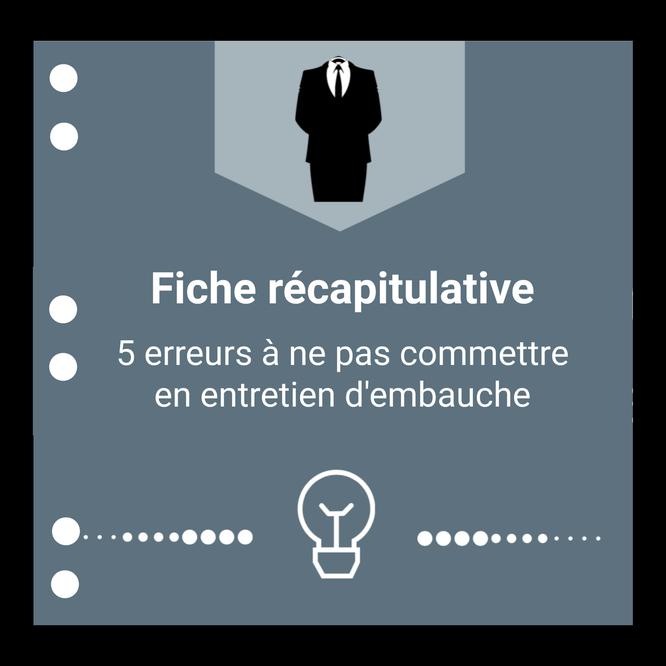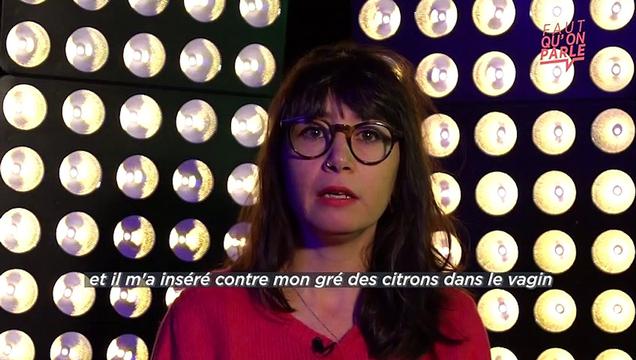Beekeeping: a "significant drop" in honey stocks due to the spring cold in the Nord and Pas-de-Calais
Several beekeepers are seeing a significant drop in honey stocks, but the health crisis has little to do with it. The very low temperatures of the past spring are to blame.
“It is not the health crisis that has had an influence on the production and health of bees”, launches Hélène Fiers, president of the ADA (Federation of the beekeeping development network) Hauts-de-France. The Covid will not have had the beekeepers, but the spring that has just passed, yes.
"Some said that the bees were doing better during the first confinement because human activity had slowed down, notes Hervé Stien, representative of the Beekeeping Union of the Vallée de l'Ecaillon. But pollution by agricultural pesticides has not slowed down. , there was no real change." In addition, beekeepers, whether amateurs like him or professionals like Hélène Fiers, had an exemption to continue working.
The only rather positive consequence of the Covid is the change in consumer habits, who prefer to buy honey from "their local business or beekeeper", according to Didier Demarcq, president of the Beekeeping Union of Lille.
A very mild end to winter overtaken by a cold spring
In the Nord and Pas-de-Calais, the end of winter was very mild, bees and colonies were able to develop in early spring. "But very quickly, spring became very cold, there were a lot of frosts, explains Hélène Fiers. The temperatures were low, some of the flowers were damaged". The weather therefore made it difficult to harvest honey.
Similar observation for Didier Demarcq. "We had a very cold month of April, we broke records, the colonies are not developed as they should have, he analyzes. The month of May was not crazy either, it was rainy and not very hot. It lacked 5 degrees to allow the bees to flourish."

The years go by but the weather conditions are not alike. During the spring of 2020, the climatic situation was favorable. "We made big honey flows from April, but on the other hand, we had suffered from the drought during the summer."
Starving colonies
To allow the bees to work properly, time is essential. With the cold period that the North and Pas-de-Calais (but also in the rest of France) went through, the situation became complicated. "When the hives restart, the brood, that is to say the larvae, the eggs protected by the workers, needs a temperature of 30 to 35 degrees, explains Hervé Stien. With the cold, they had an expense extra energy and consumed a lot of beehive honey at night. A large number of hives could not weld and starved to death in April-May."
The "favorable weather in February" made the bees believe that summer had arrived. Many of them restarted the hives and found themselves, some time later, faced with a drop in temperature which left them very little room for manoeuvre. The stocks of honey built up by the colonies "were sold off to protect the brood".
On the other side, Didier Demarcq also underlines "the resulting drop in egg-laying, because because of the cold, egg-laying is less frequent. The bees manage their development, take care of themselves and are economical."
A "significant" drop in spring honey
When asked what the outlook is for the beekeeping industry in the coming months, Hélène Fiers prefers not to go "too much". "It can change, we are not immune to a change in temperature." There are still "big reservations about the Acacia honeydew" and hope persists for "the linden honeydew, very loaded with flower buds, even if they have not yet hatched. But there has been water. At this time, the conditions are good for the lime trees."
Words corroborated by Didier Demarcq, who remarks that the colonies "are starting to work, the season is advanced". He also notes that "the Acacias are flowering, there is also the honey flow in the North on the lime trees which generally arrives around June 15 until July 15." The long summer days also allow the bees to "work longer, the heat too."
But will that be enough to make up for a season marked by bad weather? The three beekeepers do not believe it. "We had a significant drop in spring honey unlike last year, we are below a normal year", confirms Hélène Fiers. Fortunately, for about ten days "we have had better weather, some of the hives have been able to take advantage of the end of the spring honey flow, even if the period is shorter for them than usual", rejoices Hervé Stien. .
A price increase is not envisaged
Consumers, meanwhile, need not worry about the price. Who says drop in honey production does not necessarily mean rising prices. "As for bulk honey, it works with stock and we had a great year last year. Is that going to affect the price? I don't know, it's too early to say it". Regarding retail honey, "its rise has been gradual for years, I don't think this year we will see an increase."
Moreover, the season is not over. "There may be a lot of summer honey that will be made, we can't say today," concludes the president of ADA Hauts-de-France.



![PAU - [ Altern@tives-P@loises ] PAU - [ Altern@tives-P@loises ]](http://website-google-hk.oss-cn-hongkong.aliyuncs.com/drawing/179/2022-3-2/21584.jpeg)

![Good deal: 15% bonus credit on App Store cards of €25 and more [completed] 🆕 | iGeneration Good deal: 15% bonus credit on App Store cards of €25 and more [completed] 🆕 | iGeneration](http://website-google-hk.oss-cn-hongkong.aliyuncs.com/drawing/179/2022-3-2/21870.jpeg)





Related Articles